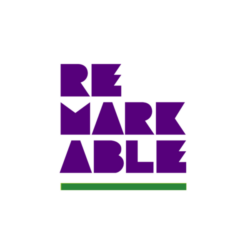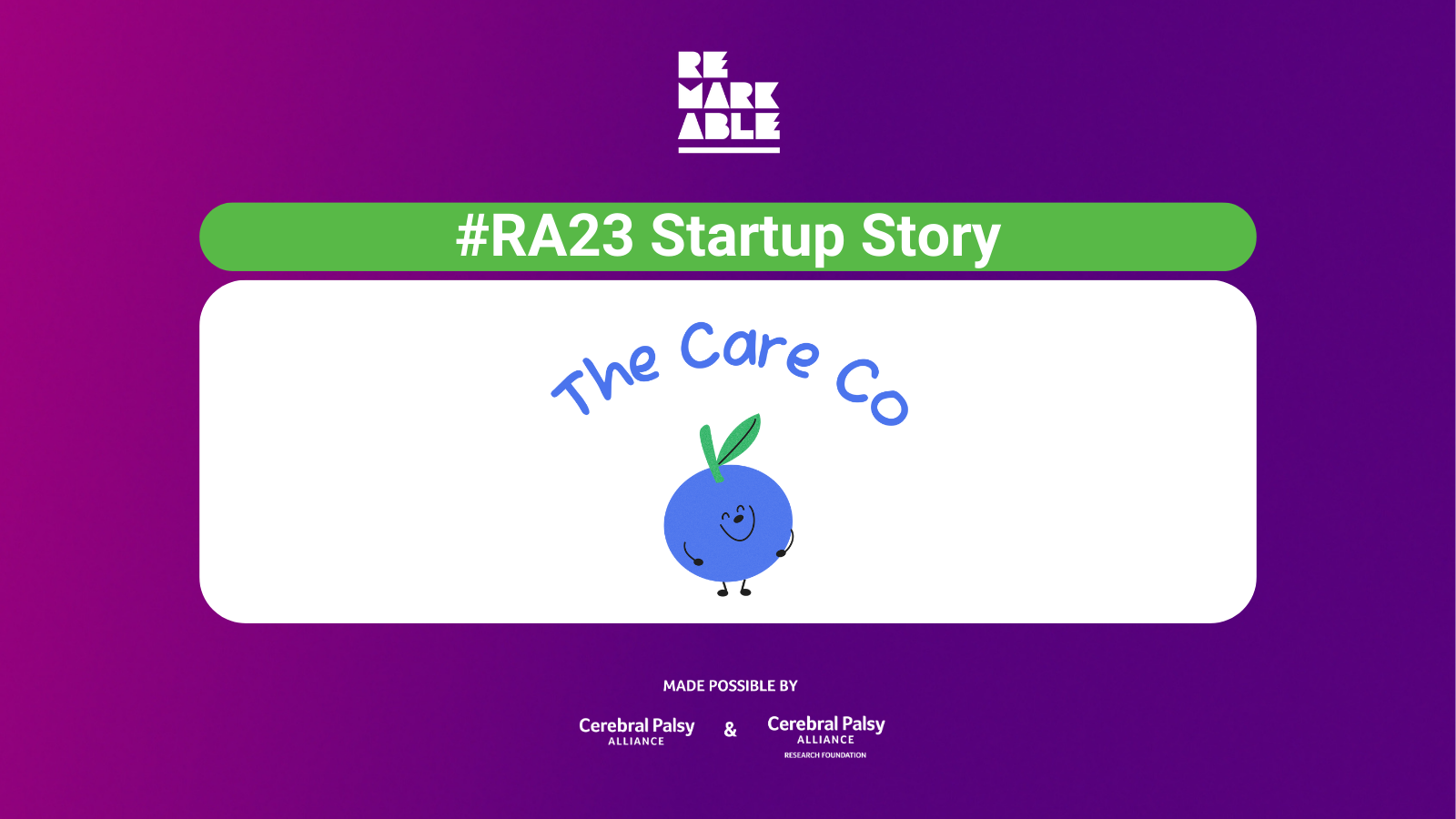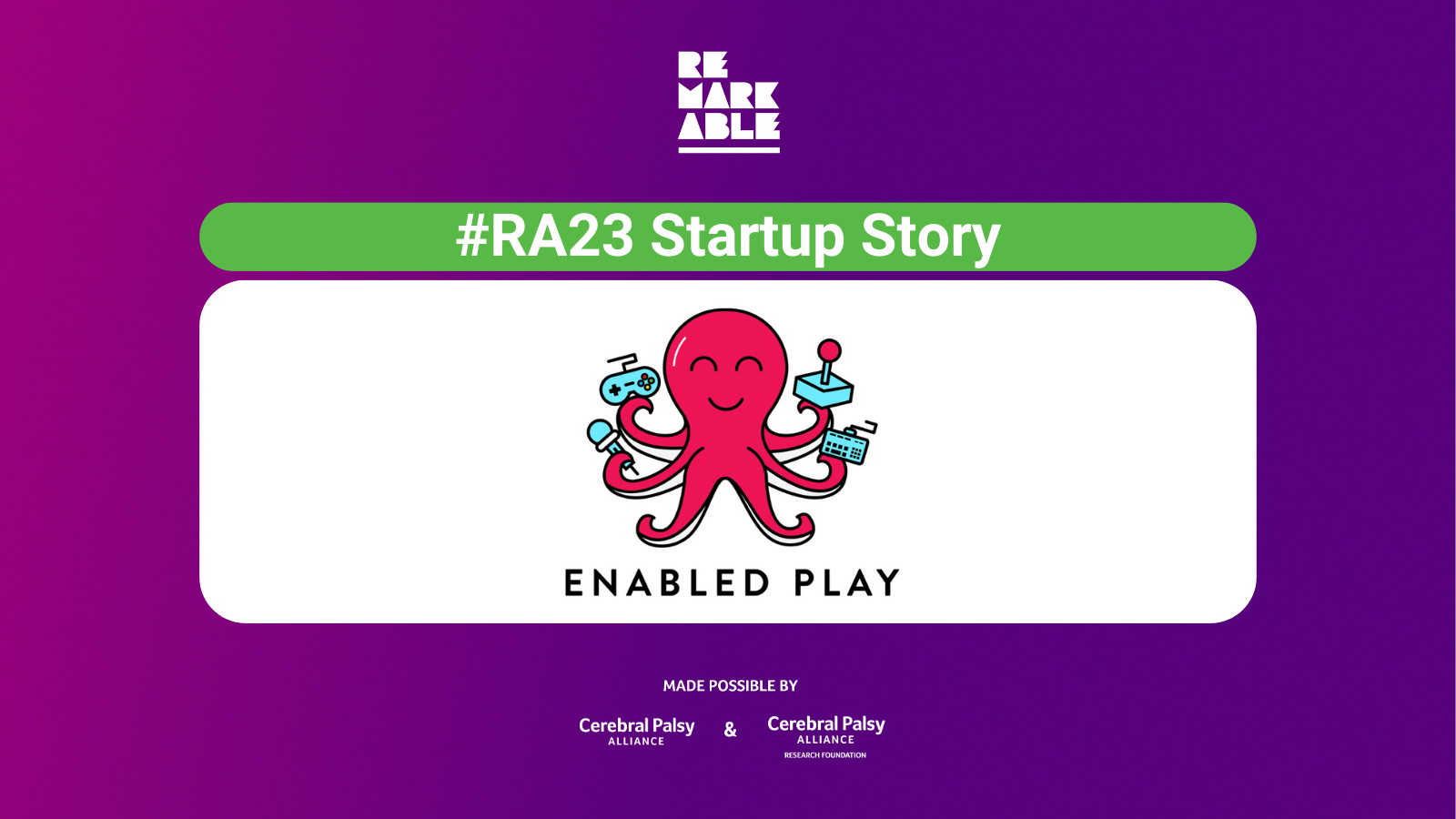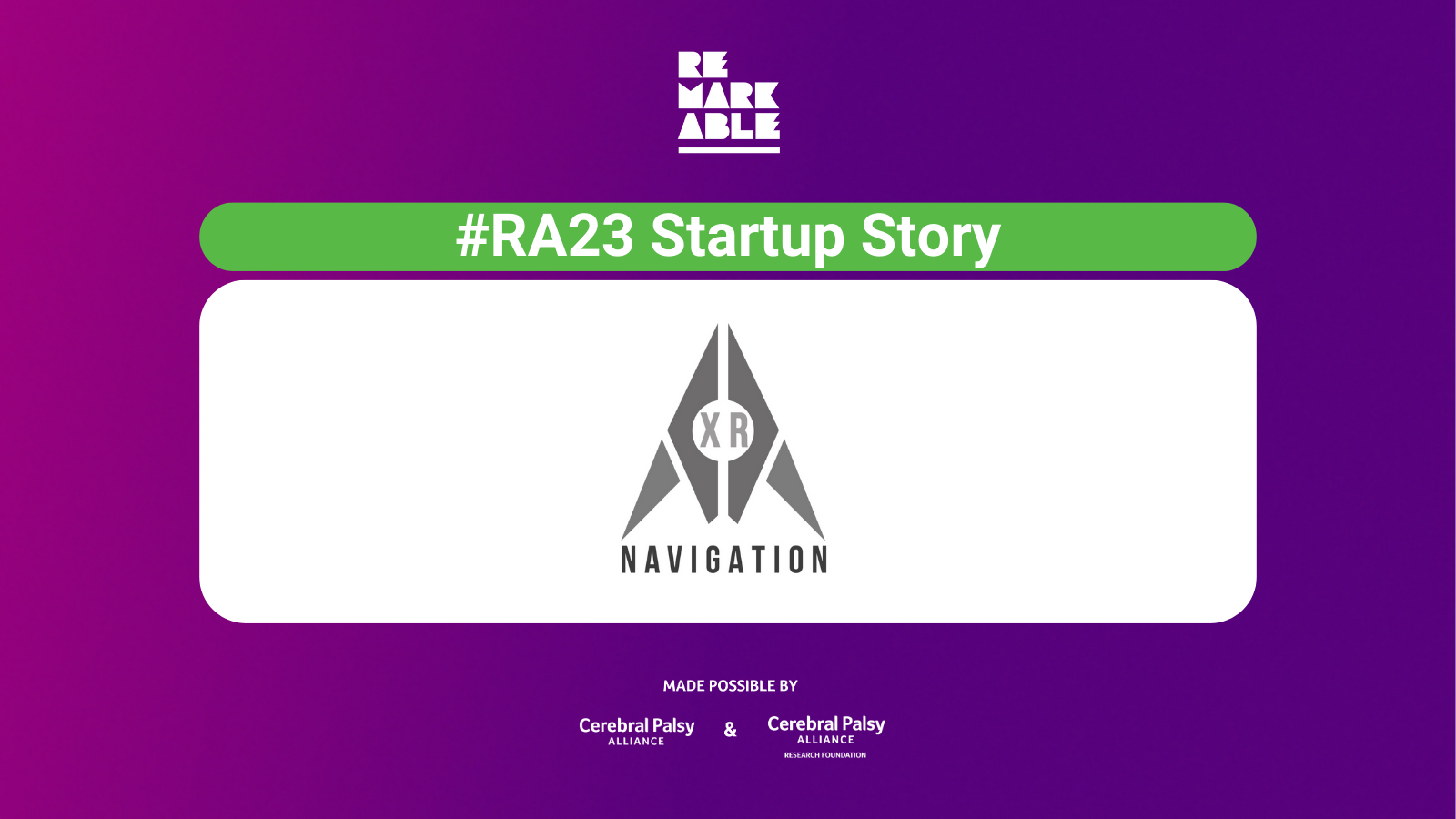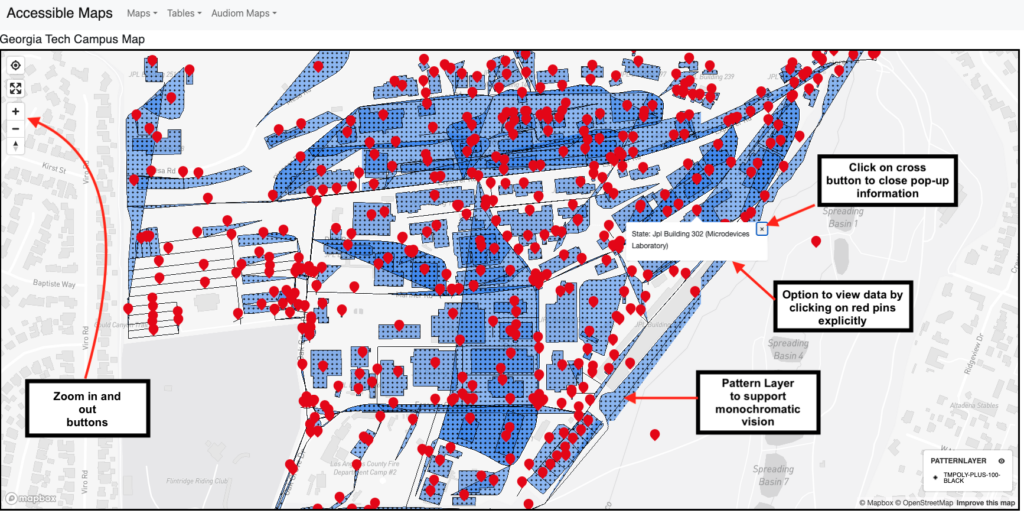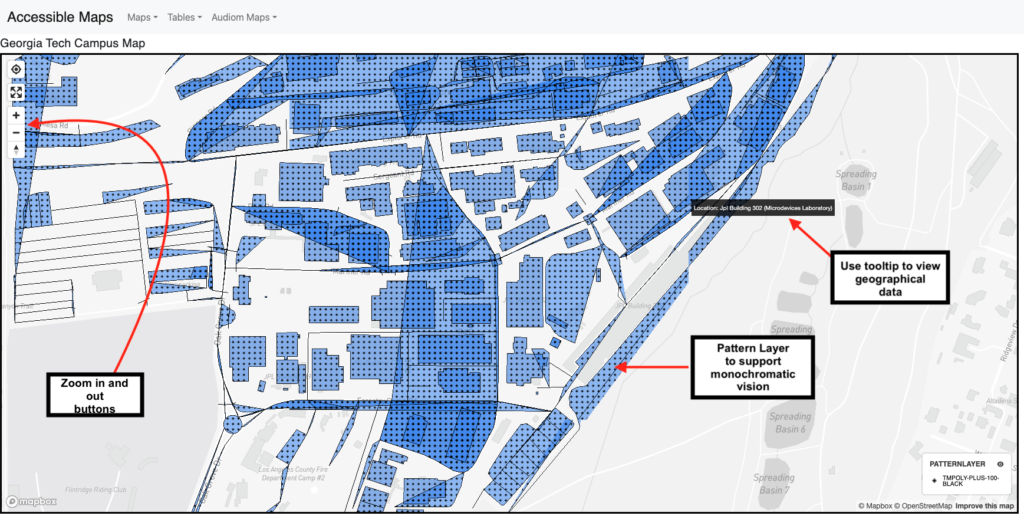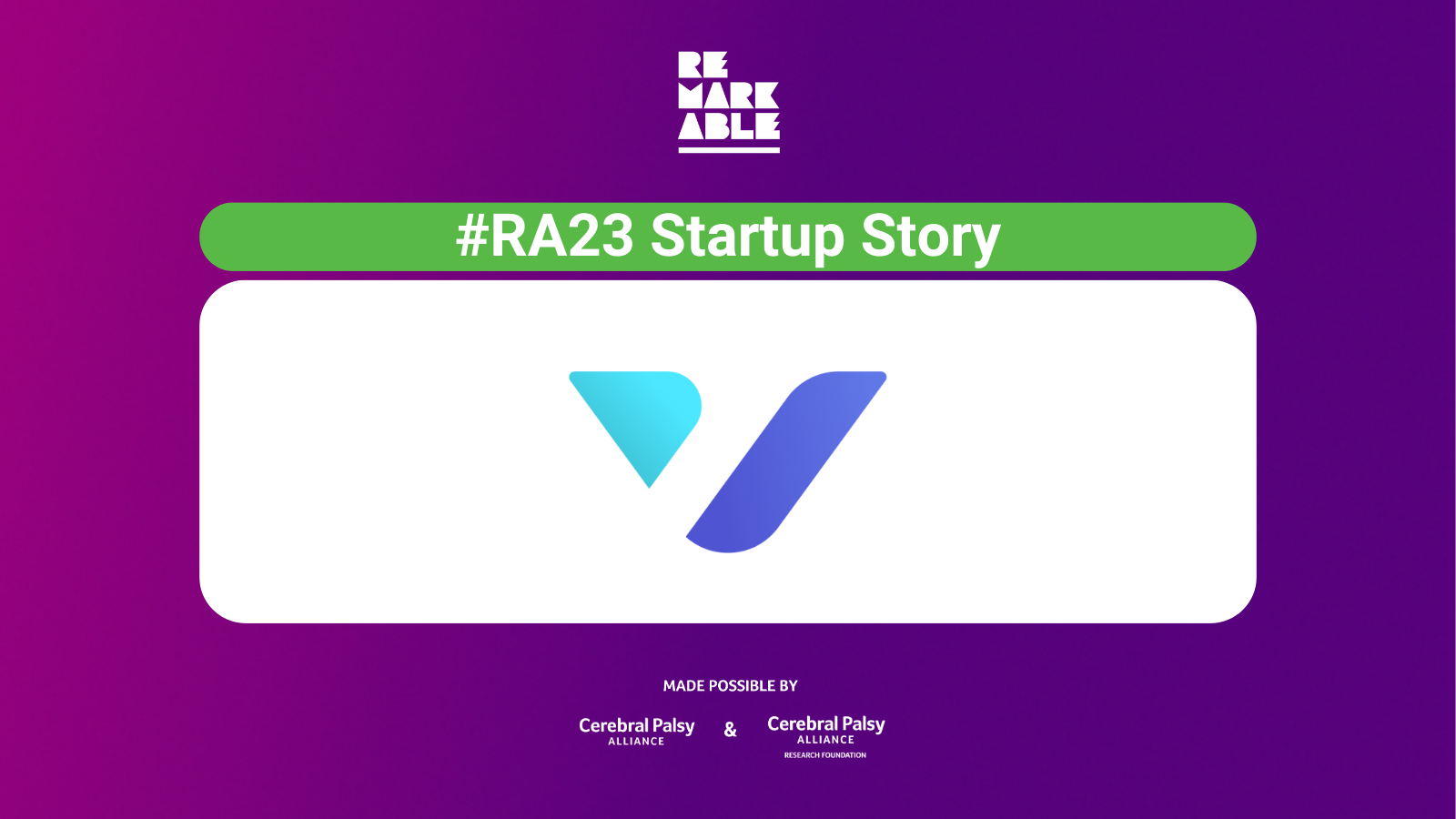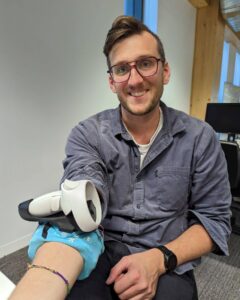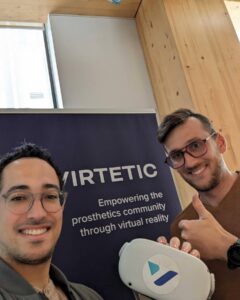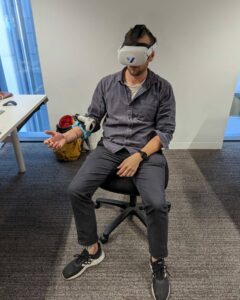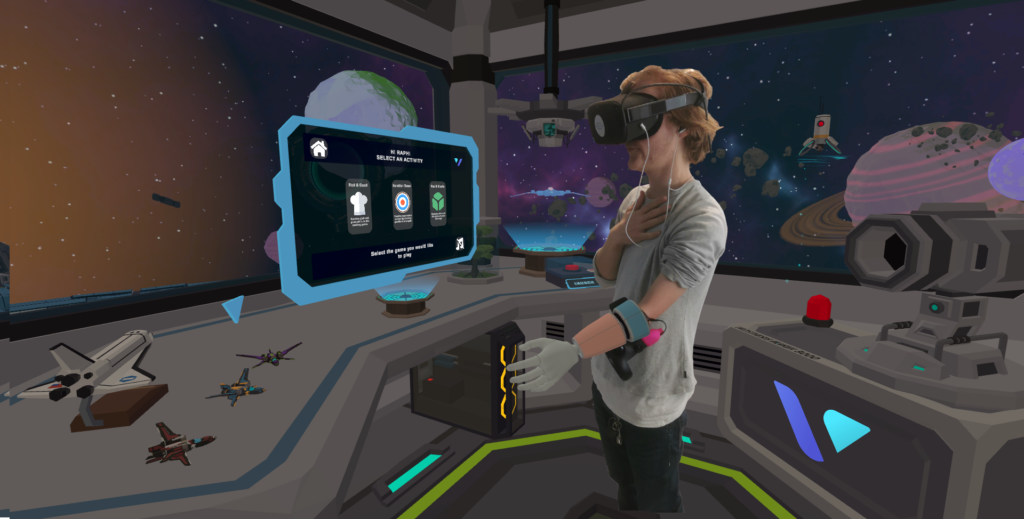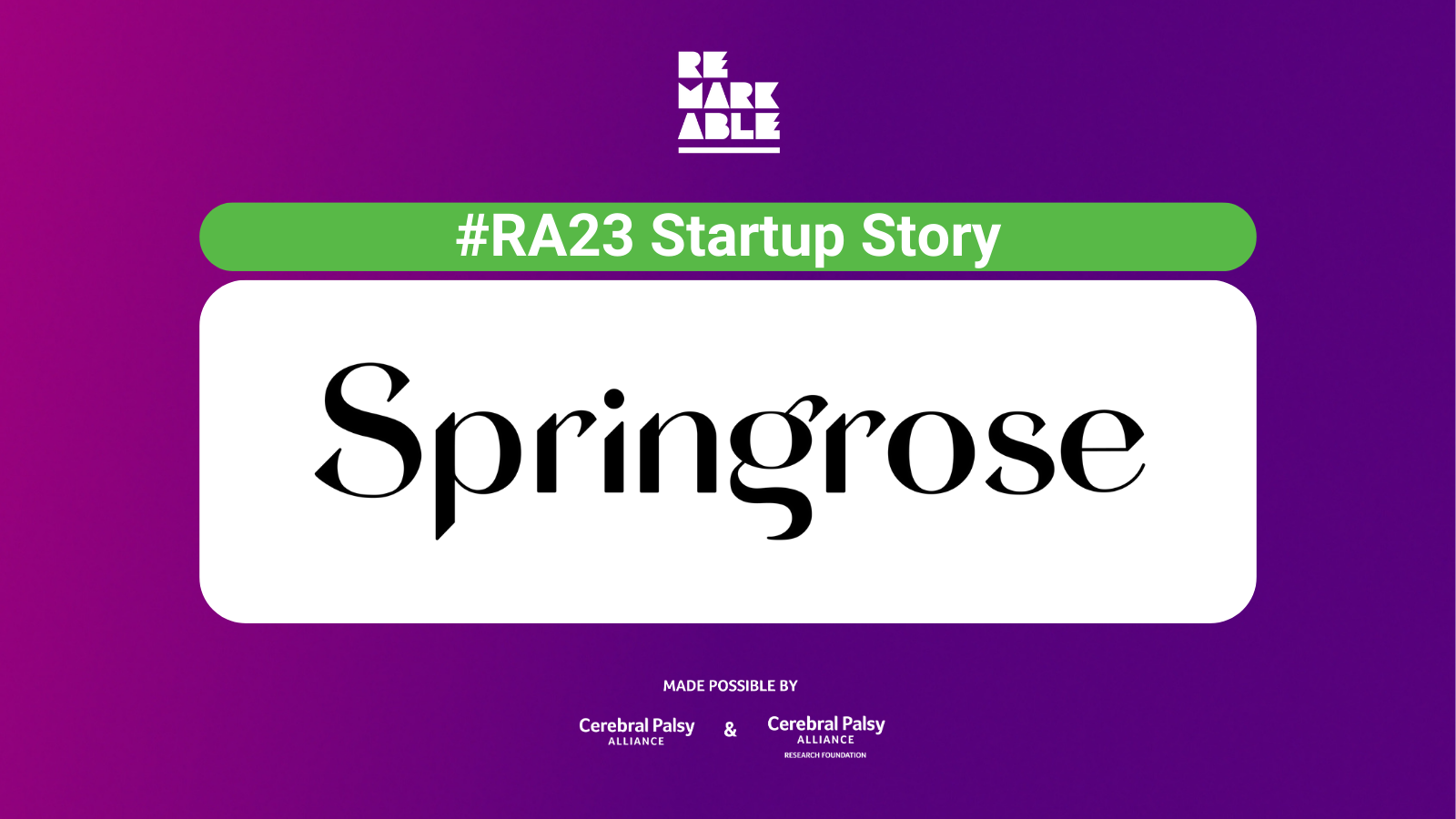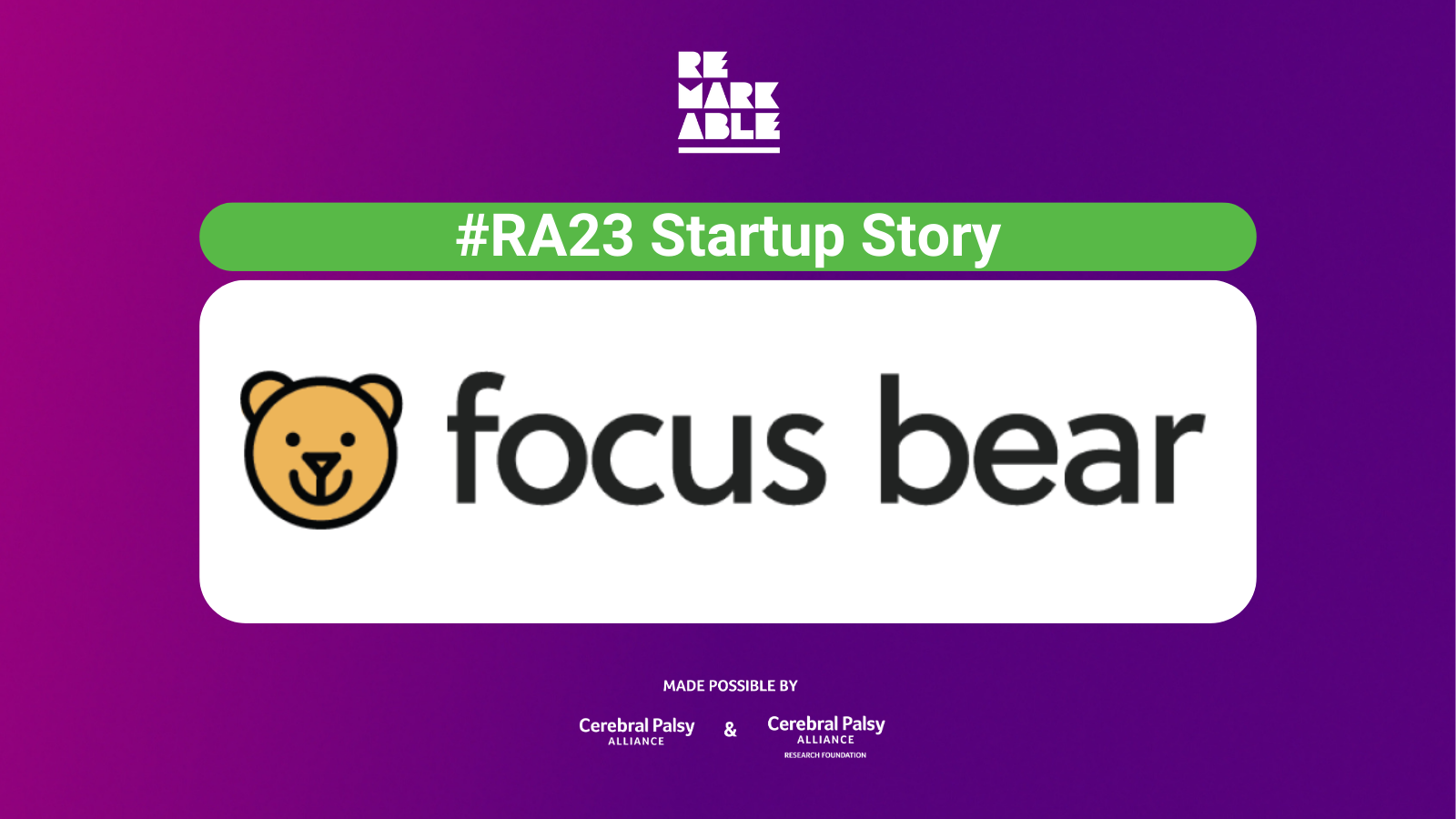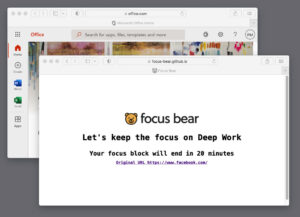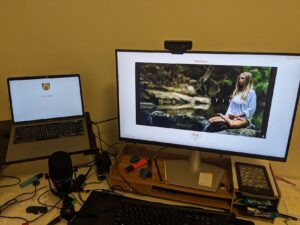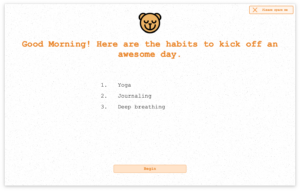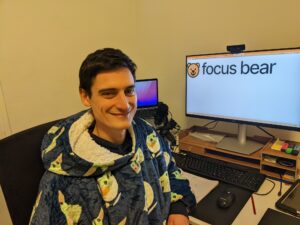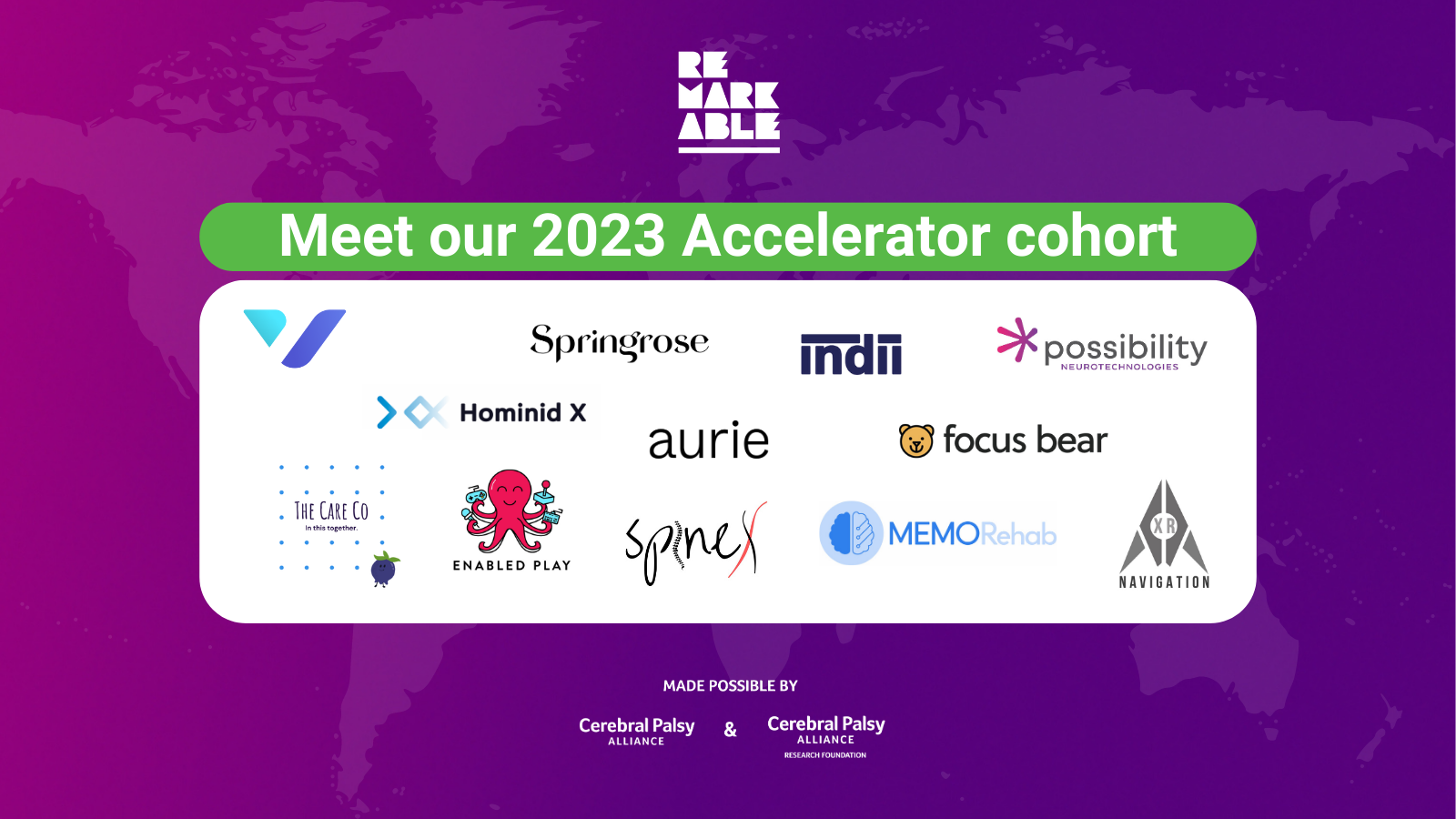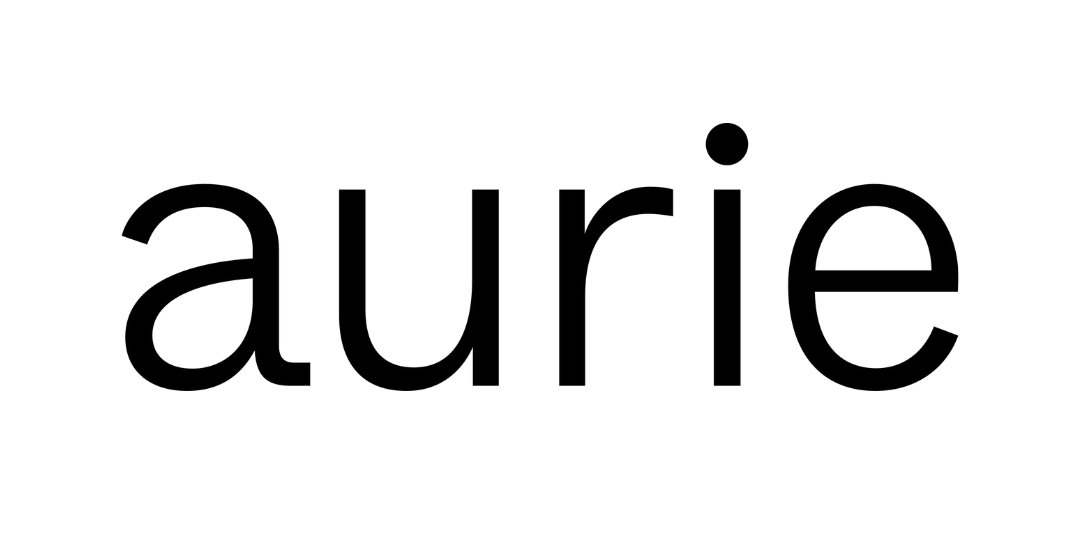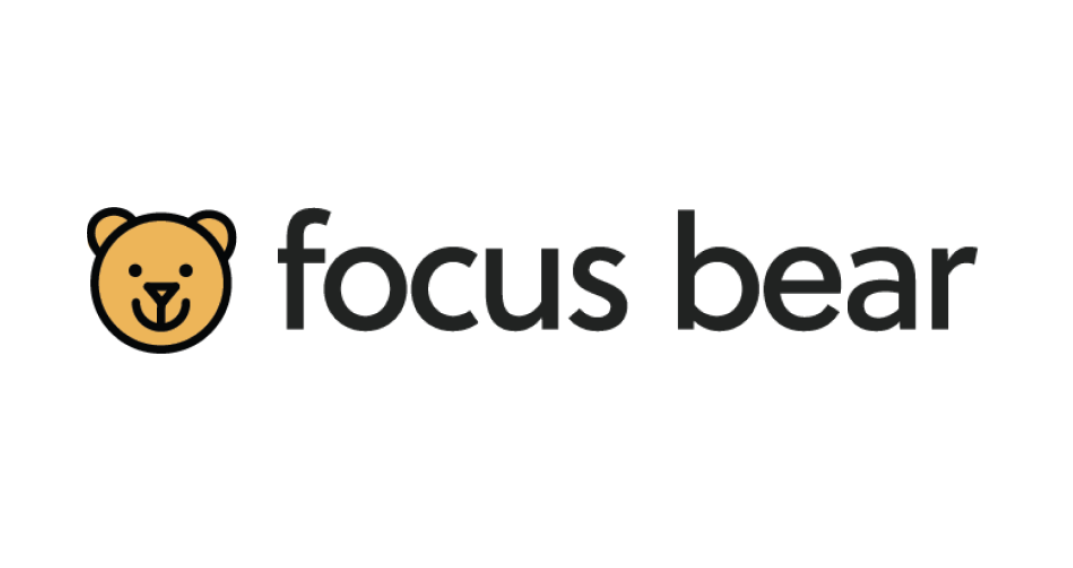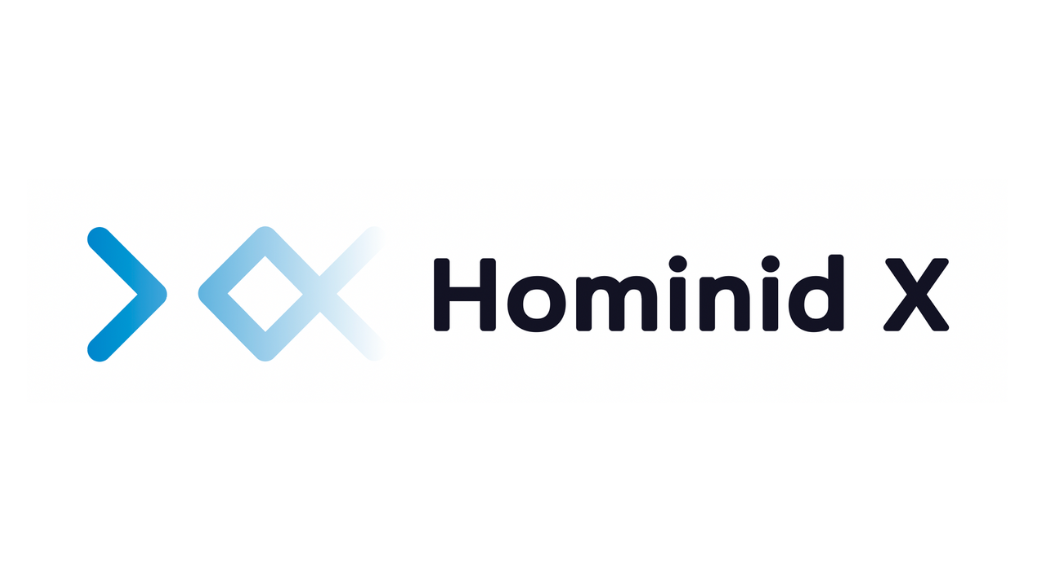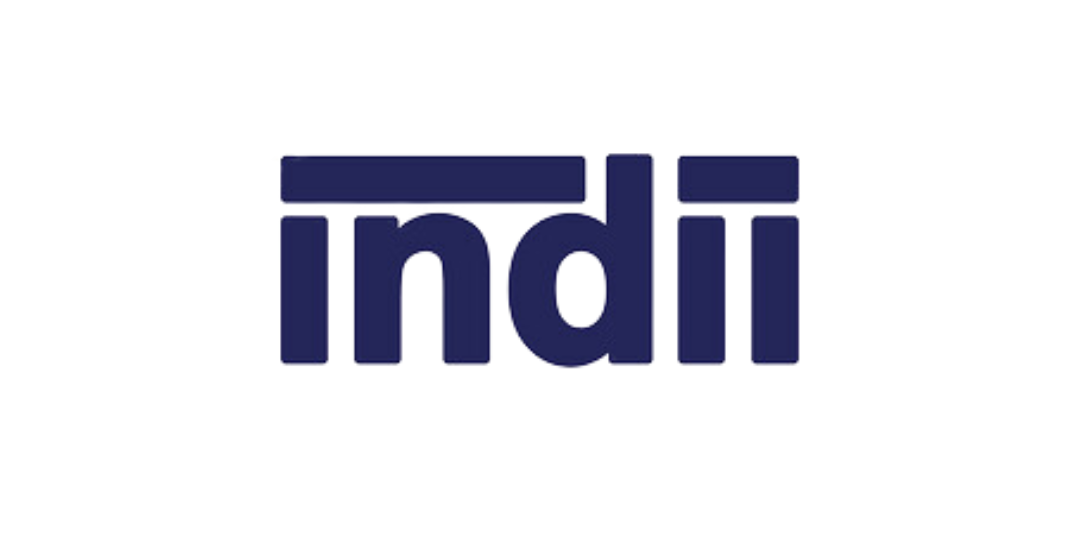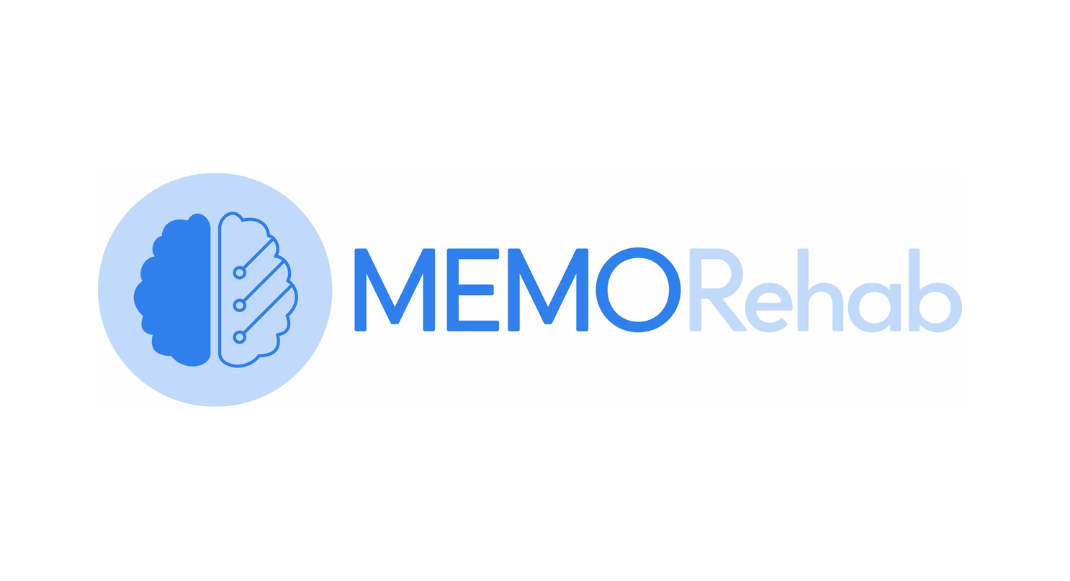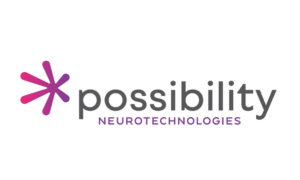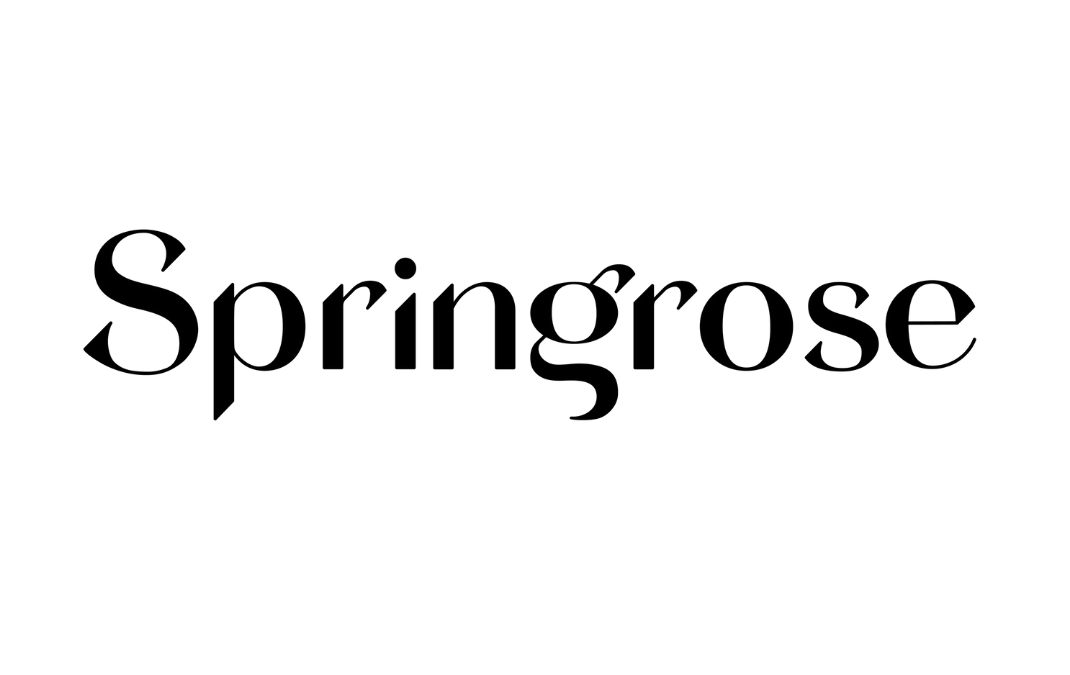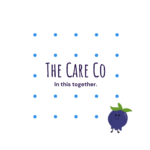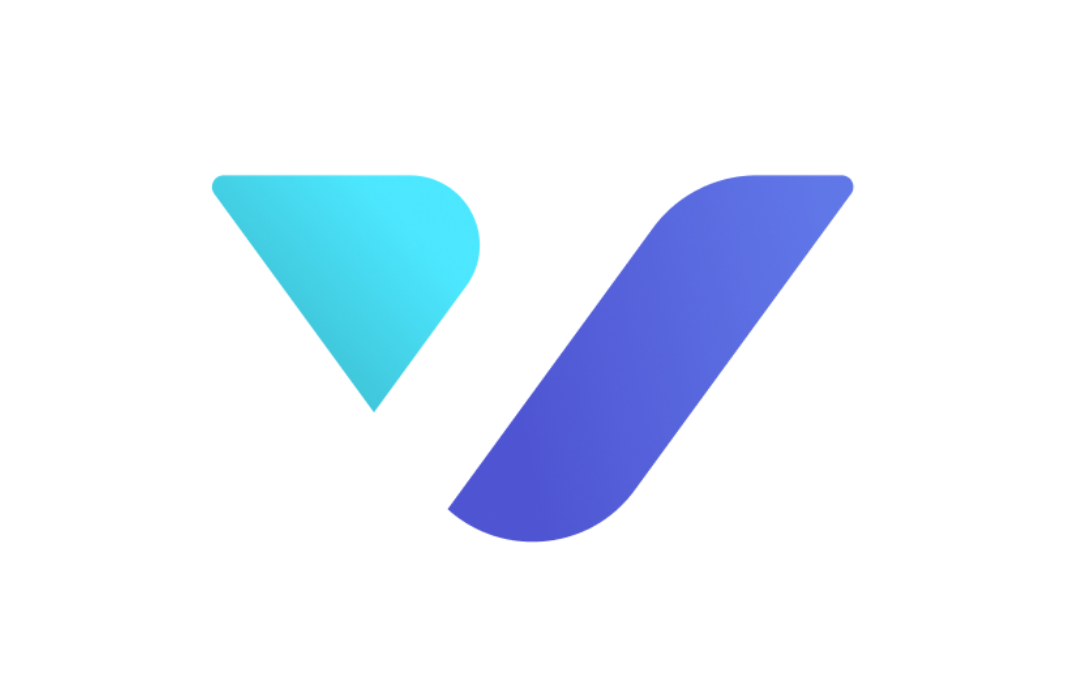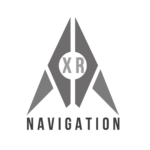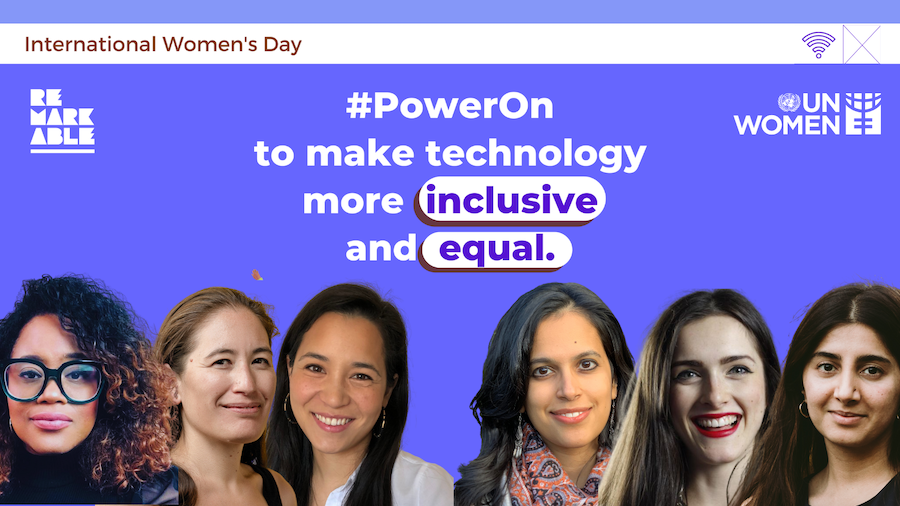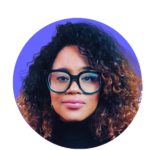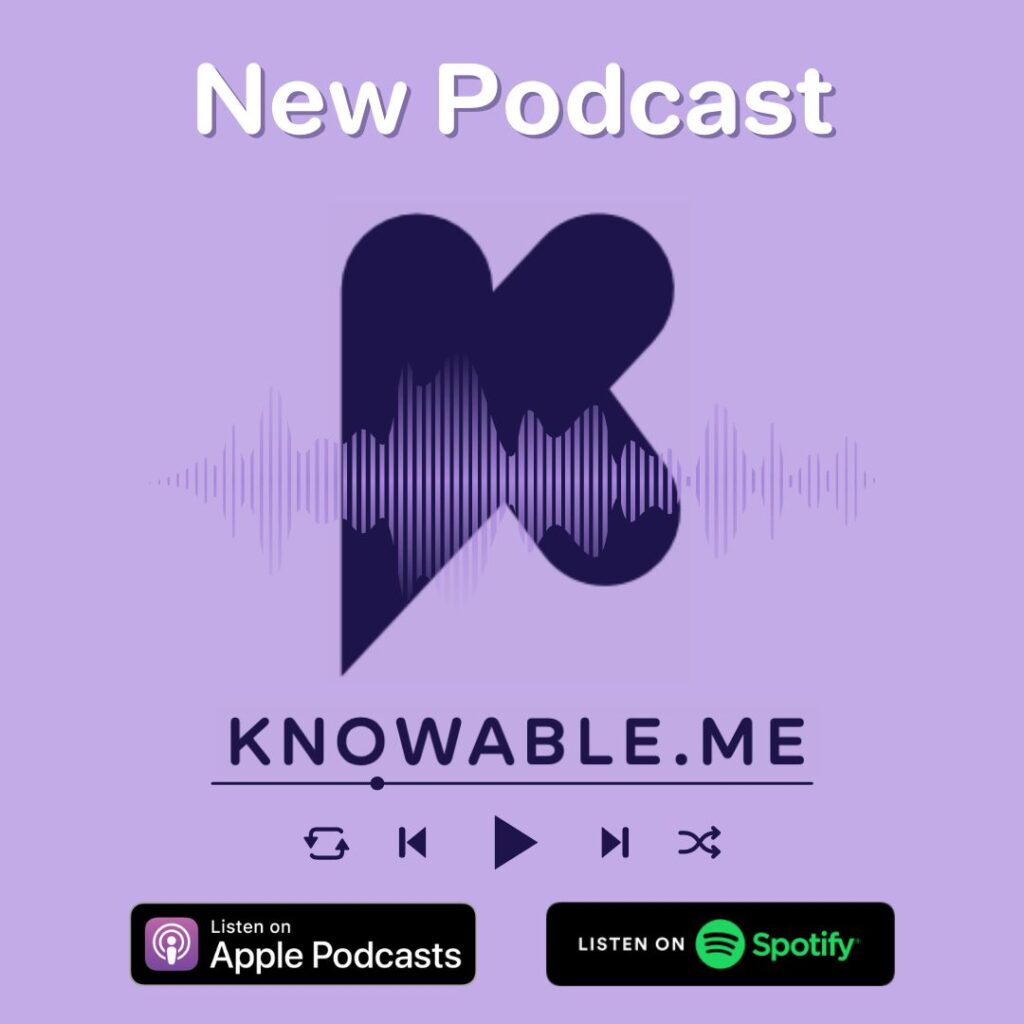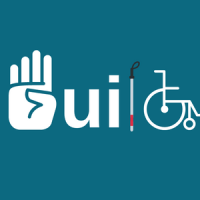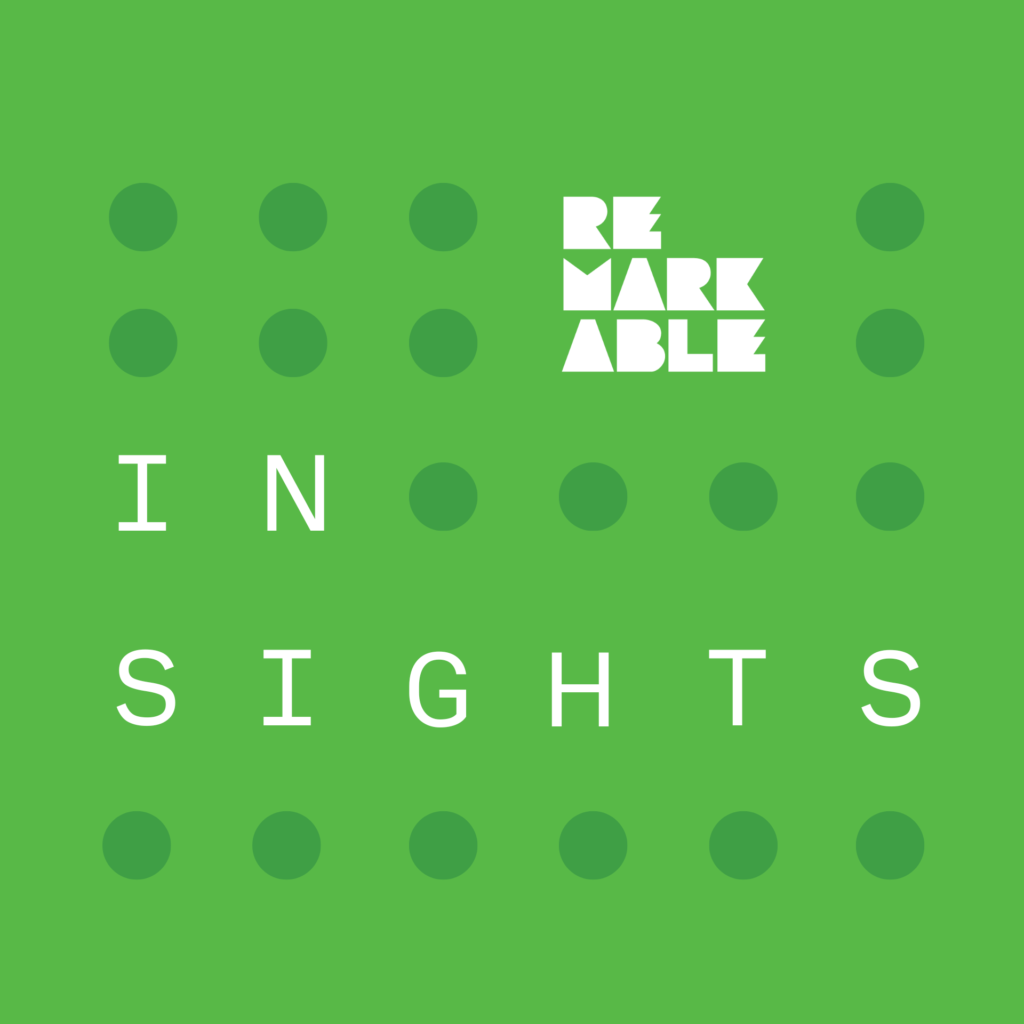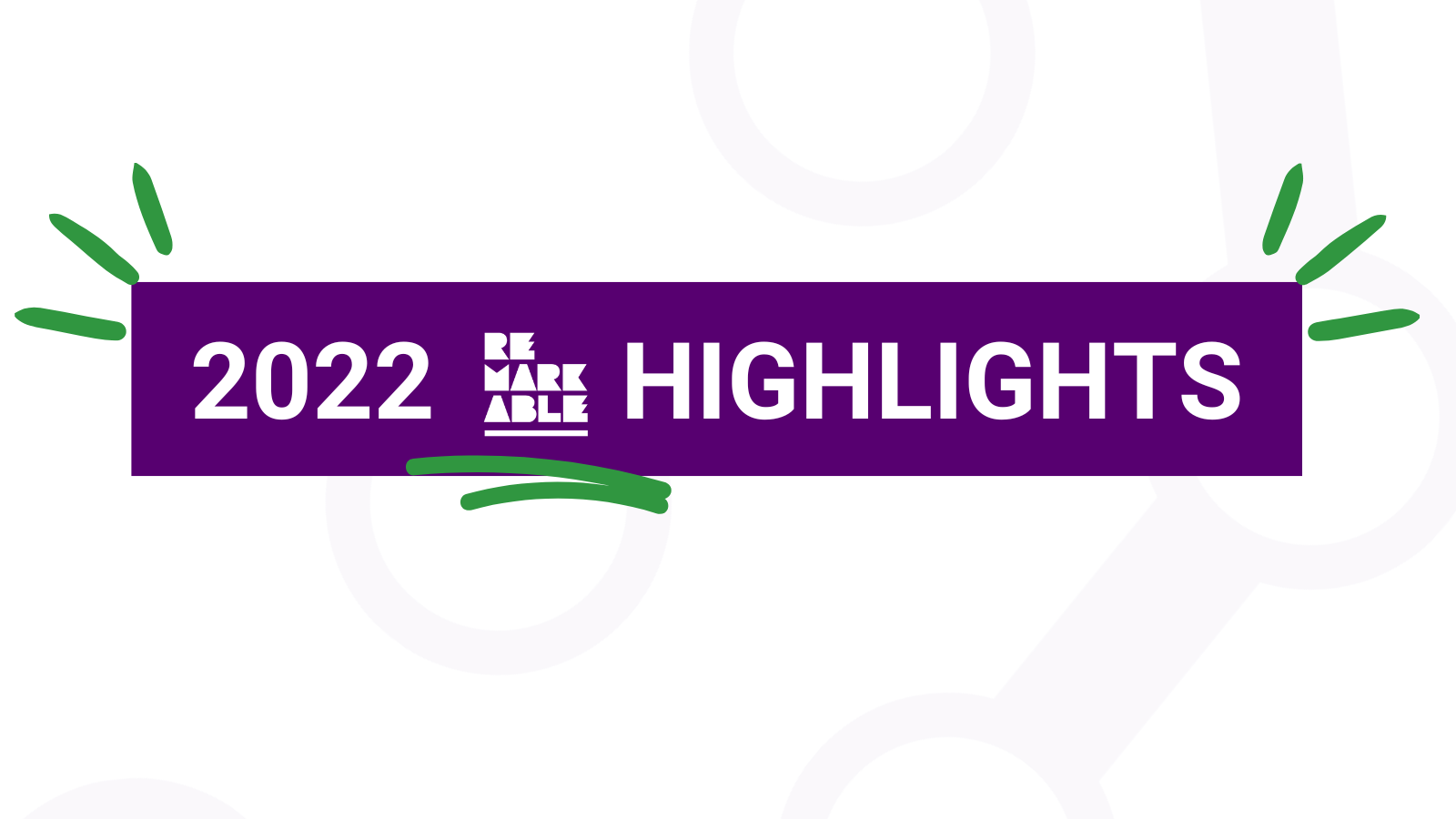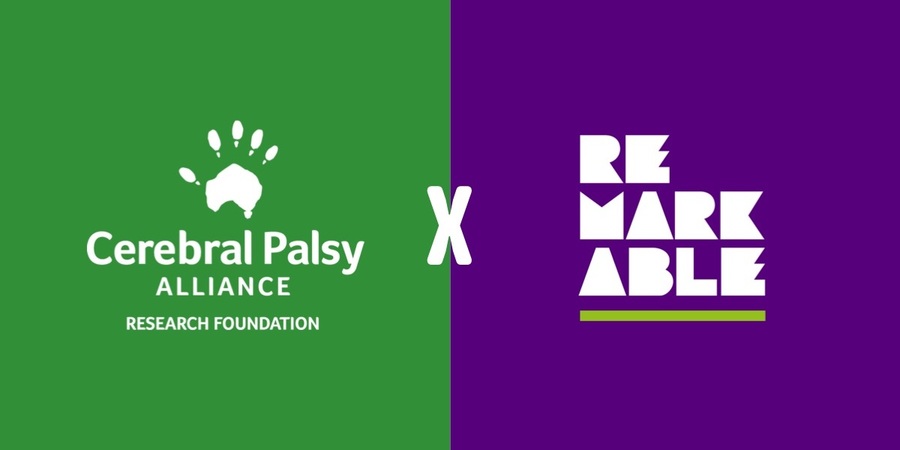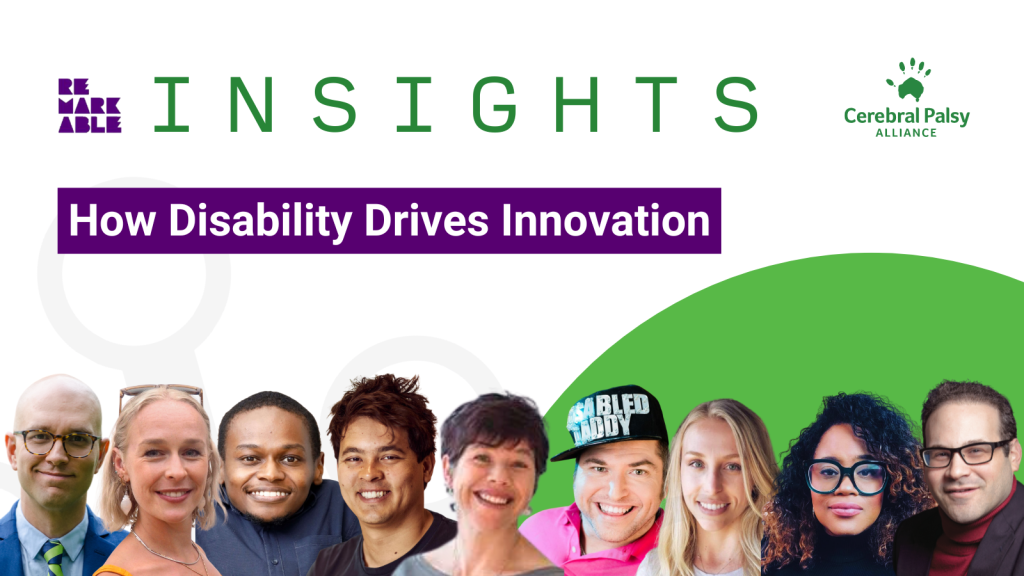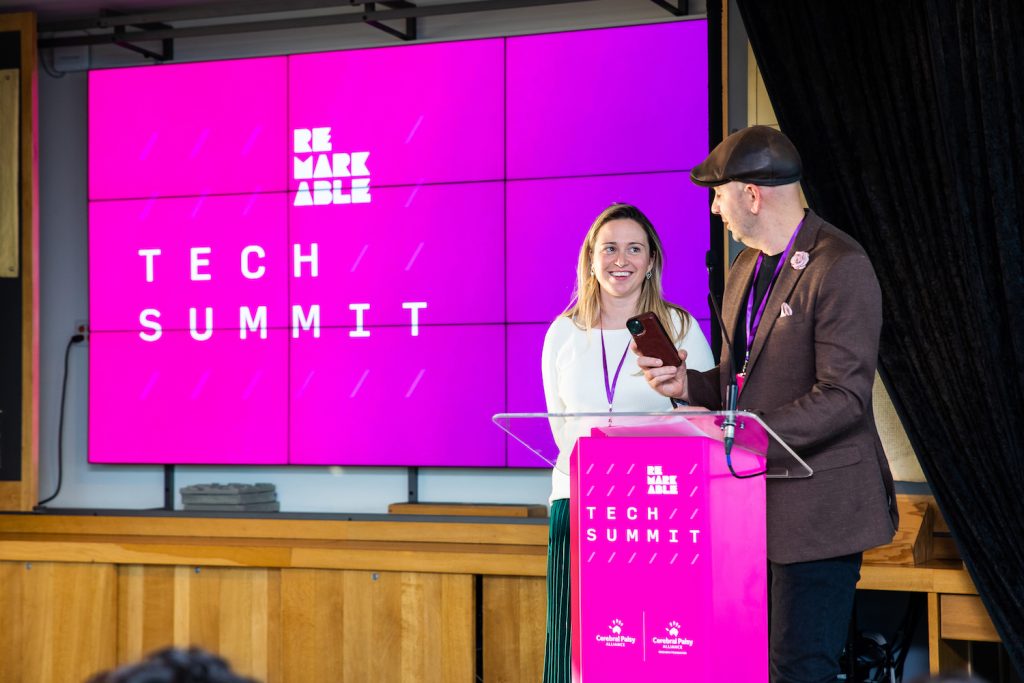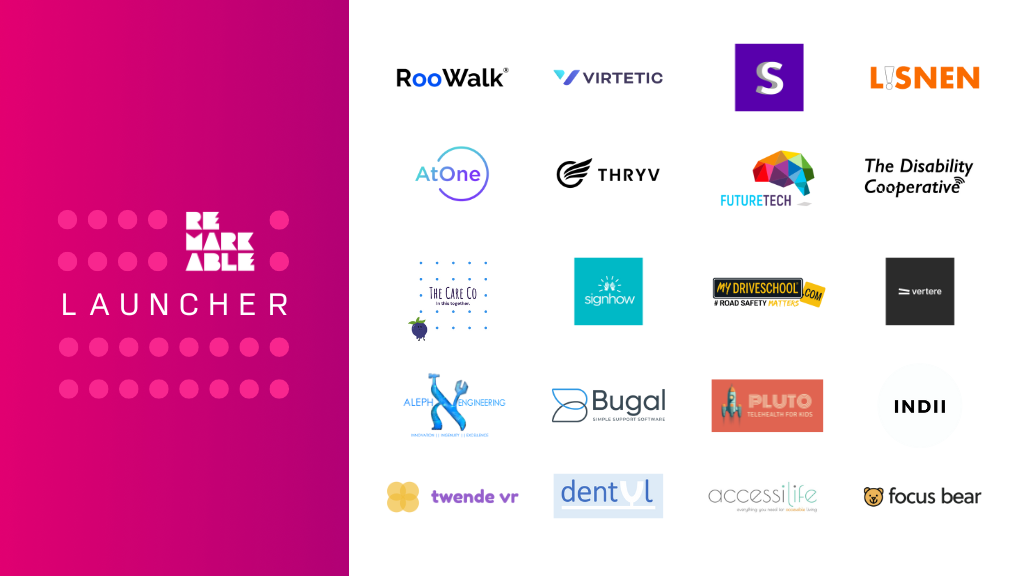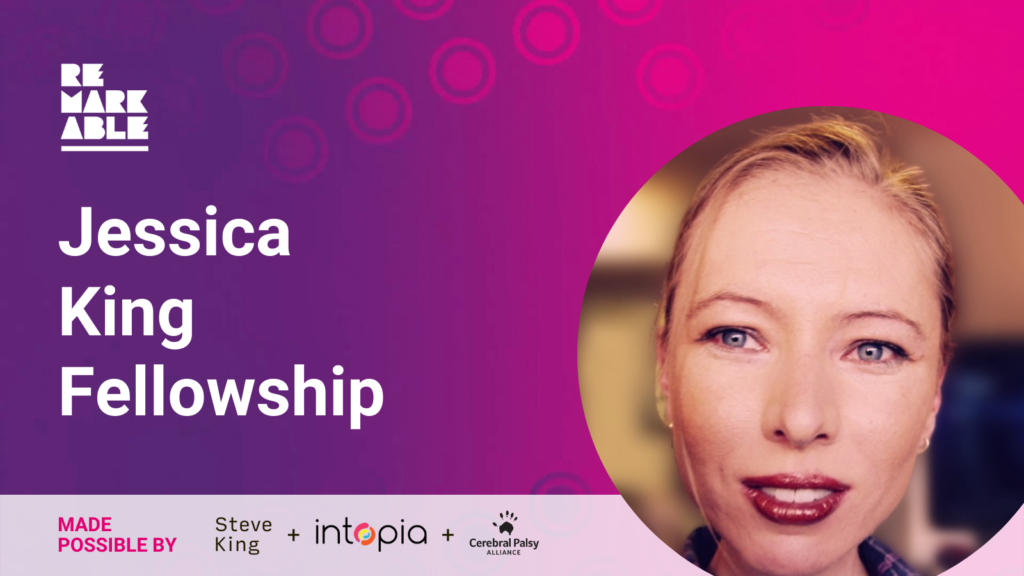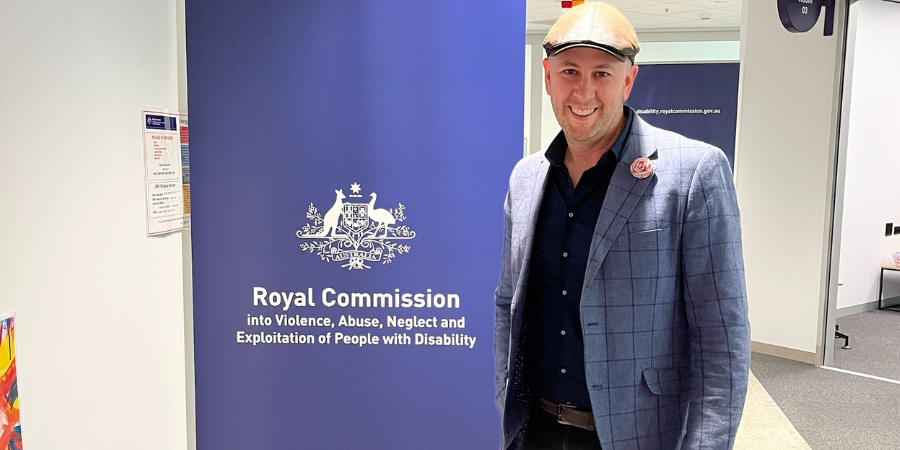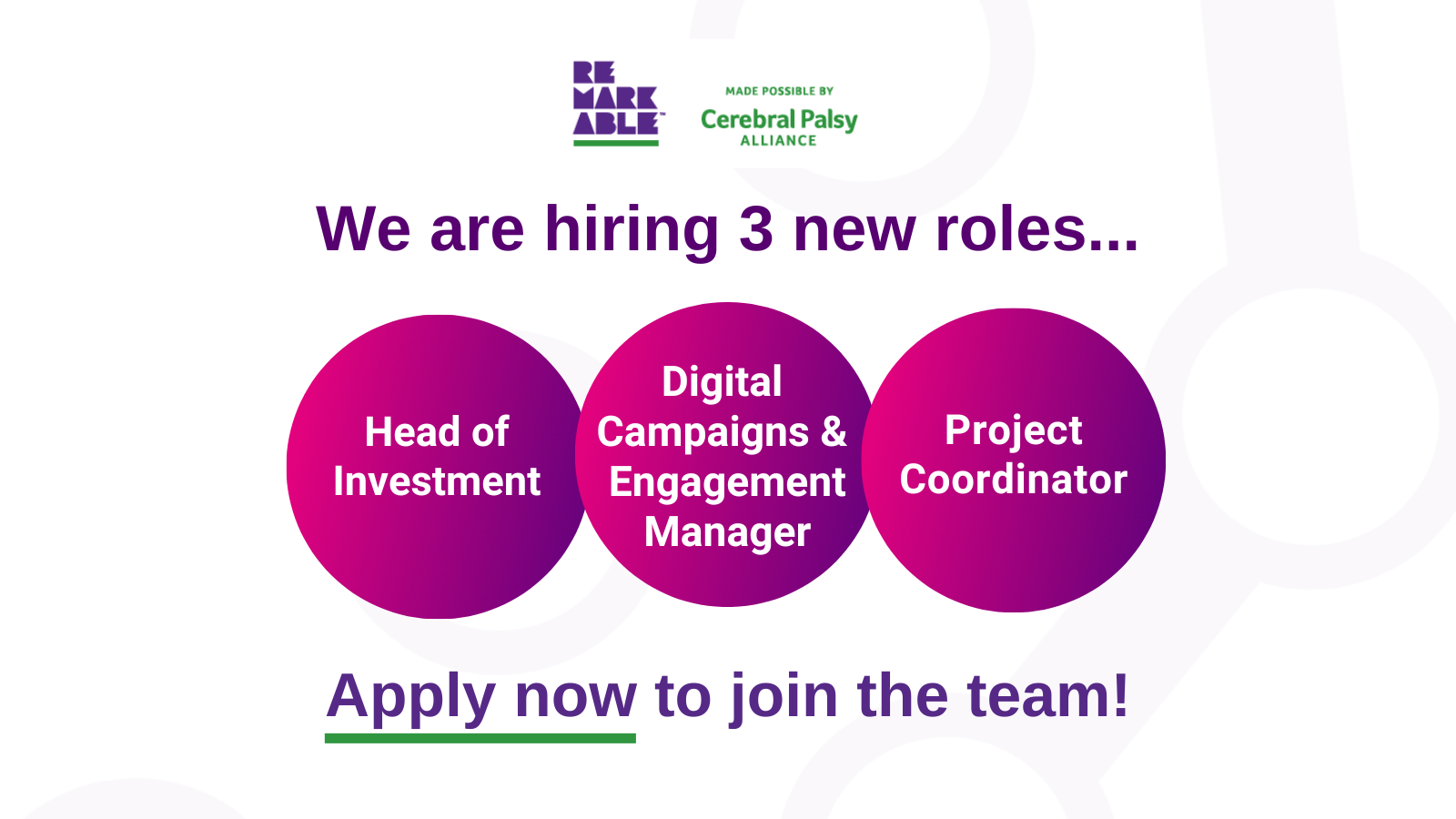WHAT IS YOUR STARTUP AND WHO IS THE TARGET MARKET?
The Care Co is an in-classroom software that teaches students aged 5-12 mental health lessons in school.
Inspired by self-paced teaching tools in the Reading, Writing, and Maths spaces, The Care Co designed a unique evidence-based, ability-based way to teach fundamental coping skills and scale psychology best practice in a learner-friendly way.
Our first targets include the 42 million students aged 5-12 in Australia, New Zealand, Canada, United States and the United Kingdom – with a comfortable lead pipeline of approximately 379,000 students well before our Australian go-live date, we’re off to a good start towards achieving our goal!
Priced as a per enrolled student per month SAAS subscription model, 1 million students would see us growing on $60.5 million in ARR.
How have you engaged end-users in the development of The Care Co?
We had a number of stakeholders that needed to be included in the design and development of our software–including young people. Several of these key roles including school leadership team members (the economic buyer or customer), in-classroom educators (the gatekeeper), and parents and guardians who are a great ally of ours in the kids mental health space.
While students are the ultimate end user of our product, our GTM, marketing, acquisition, and retention strategies (alongside development!) had to consider the opportunities, challenges, and gaps for each of these roles.
Can you share some success stories or accomplishments that you’ve achieved since launching?
We’re finishing Beta Testing across the Australian Winter 2023 season (Terms 2 and 3 in Australian schools).
Now partnering with the CPA to give some schools a free trial period as part of their STEP-tember physical health and wellness program participation, the rest of the Australian primary education community will be able to start procuring licences (and using!) The Care Co from October 2023.
We’re super excited to cross the major milestones of both free participants and going live – because the pre-emptive response and interest from the community has been both great and warming!
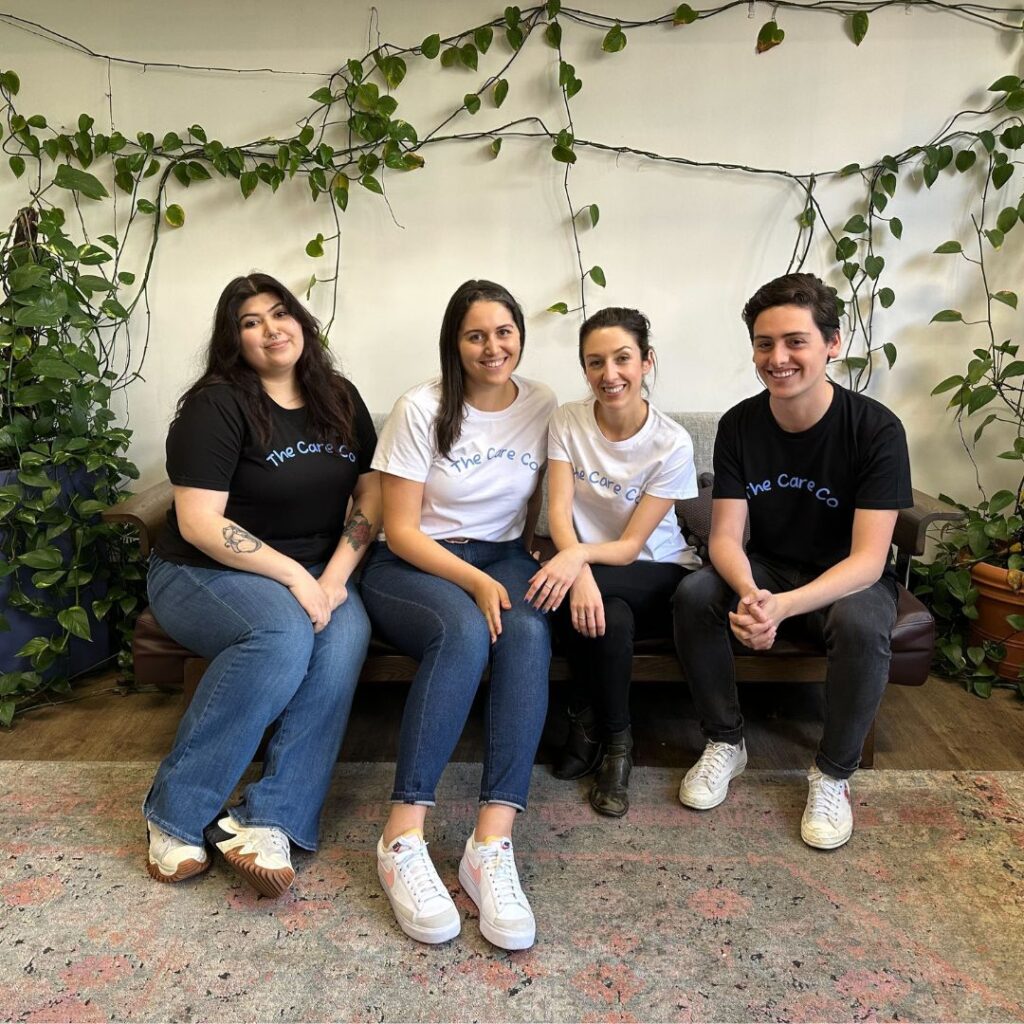
What sets your startup apart from competitors?
- Our evidence-base – we’re all about scaling best practice in the paediatric psych space;
- Our ability-based curriculum – we’ve stepped away from traditional age and grade based lessons and design a curriculum that ranges from students who need more support with their learning through to independent learners who can choose and action activities on their own.
- We’ve gone this route to ensure all young people, regardless of their ability-level or learning needs, can have a sense of agency in choosing their mental health activities for the day and learn new skills and habits they can action (almost!) on their own.
What advice would you give to aspiring disability tech entrepreneurs?
Come up with your development ‘thesis’ from day one. We design for students with disabilities or from trauma-informed backgrounds first because they are some of the highest risk young people for mental health challenges both now and later in life.
Through this framework so many other decisions can be made much more easily and it all begins with nailing down that key group.
What does it mean to you to be part of the Remarkable community?
So much – Remarkable is a humbling, brilliant, and kind group of tech lovers, entrepreneurs, program coordinators, and mentors who believe the world can be a better place.
WHERE DO YOU WANT YOUR STARTUP TO BE IN 1 MONTH, 1 YEAR, 10 YEARS?
| 1 Month | 1 Year | 10 Years |
|---|---|---|
| Still in the midst of Beta Testing and confirming the true impact and outcomes of our software on students and educators alike. | Definitely rolling into (or already rolled into) the New Zealand education community and finalising School Year 2024-25 with some US schools. | No longer accepting that fundamental mental health literacy isn't a part of the core school curriculum. The same way we would never accept an education provider to forgo literacy or numeracy, we want The Care Co to pave the way for changing the core curriculum to include this critical life skill. |
